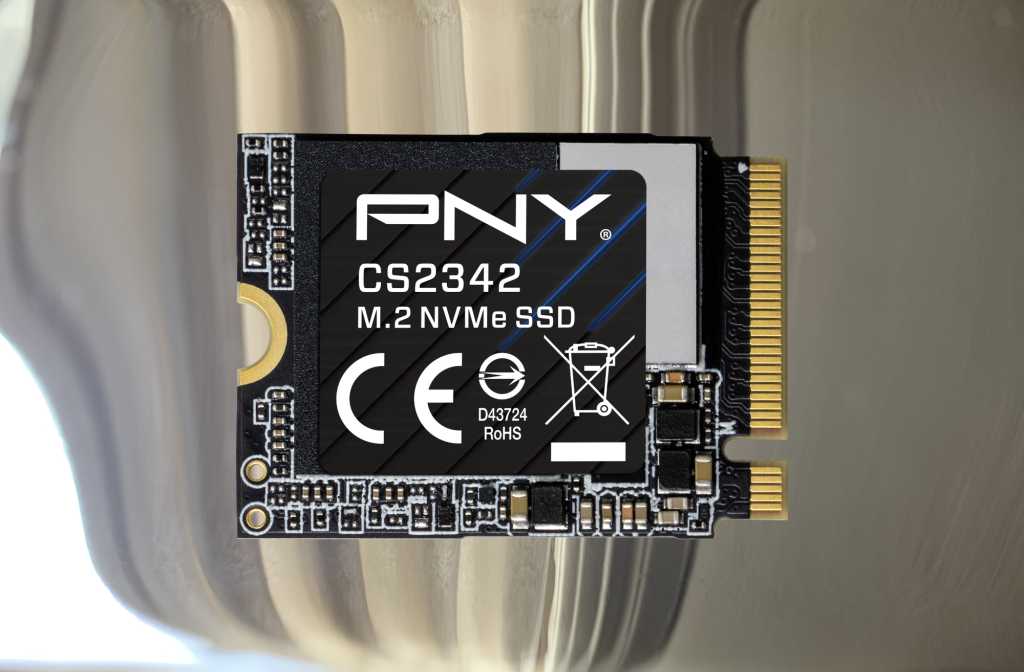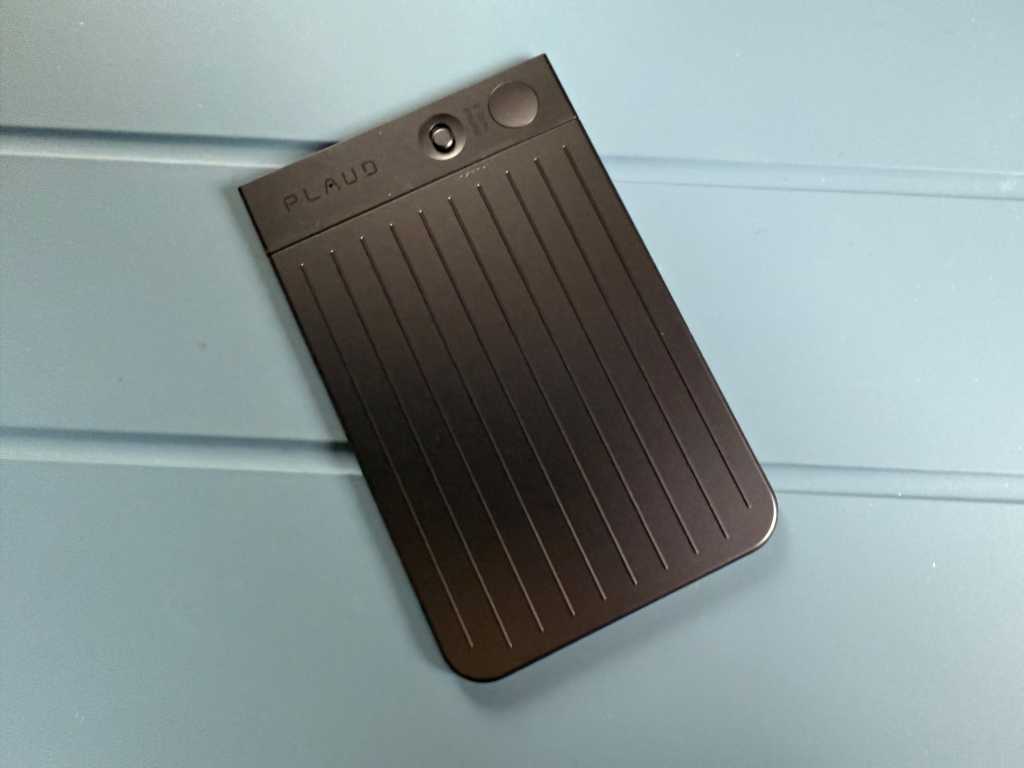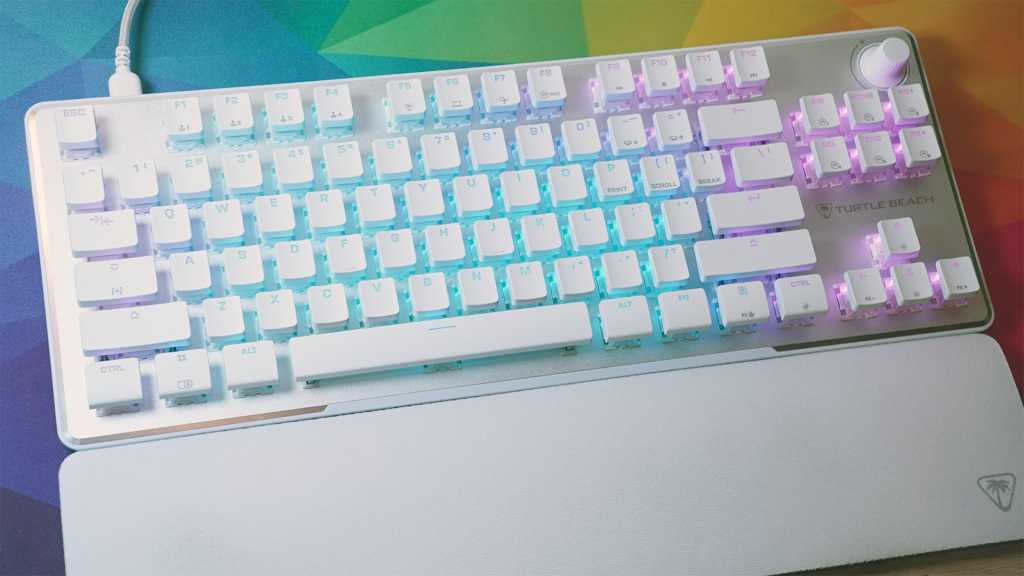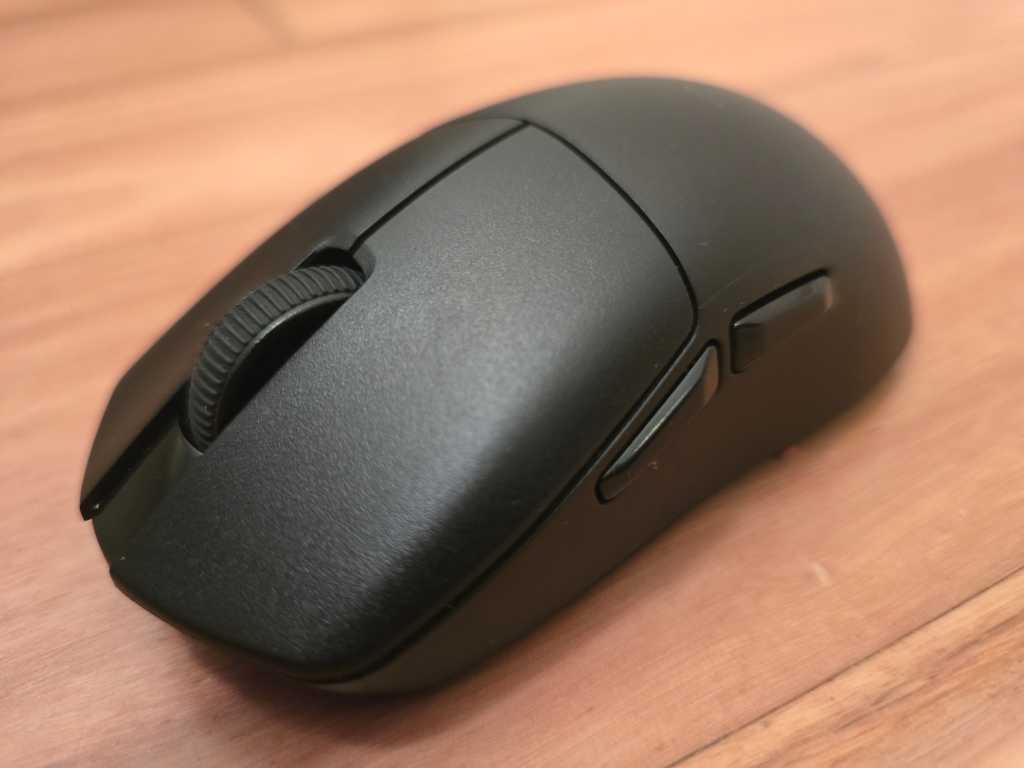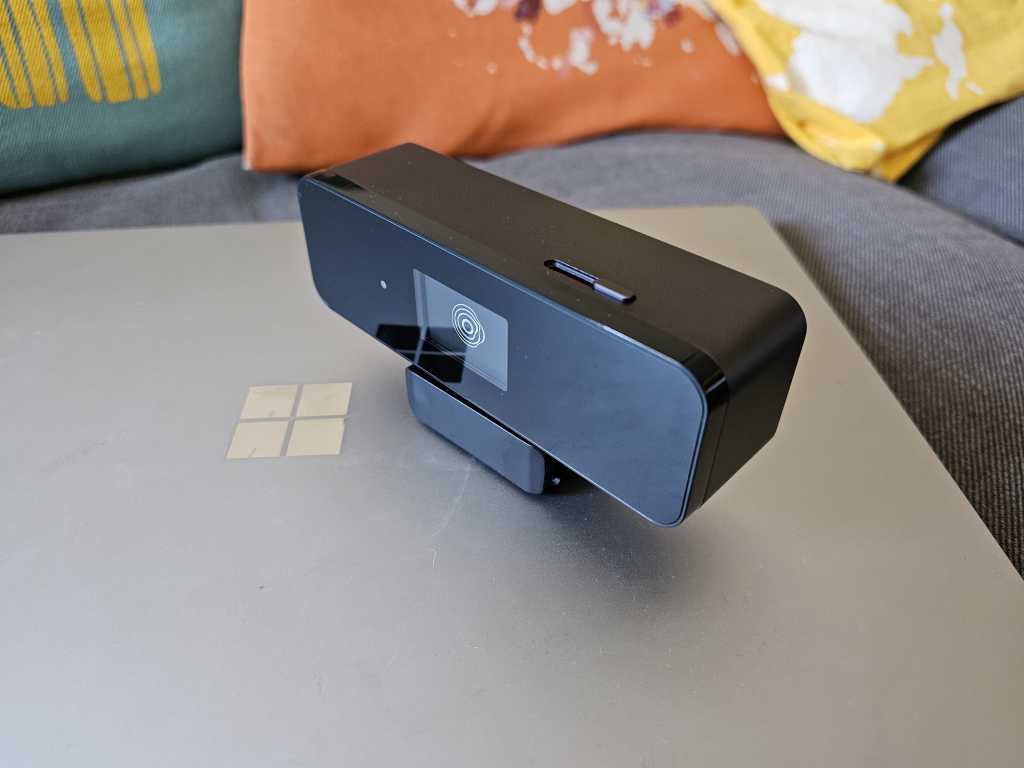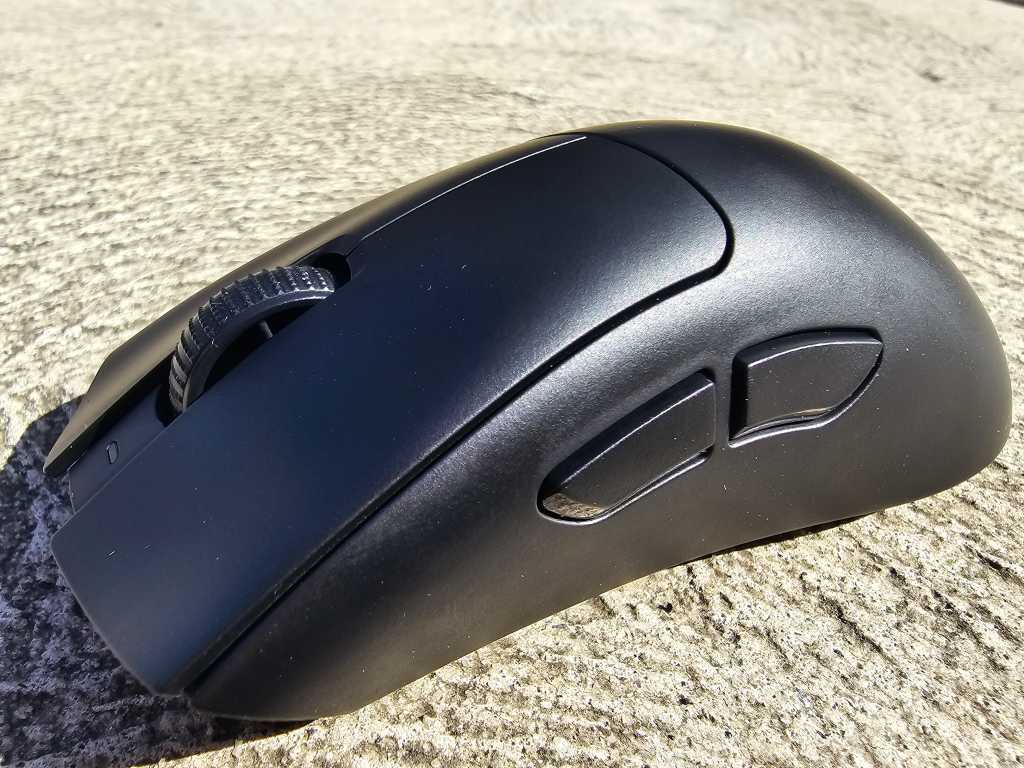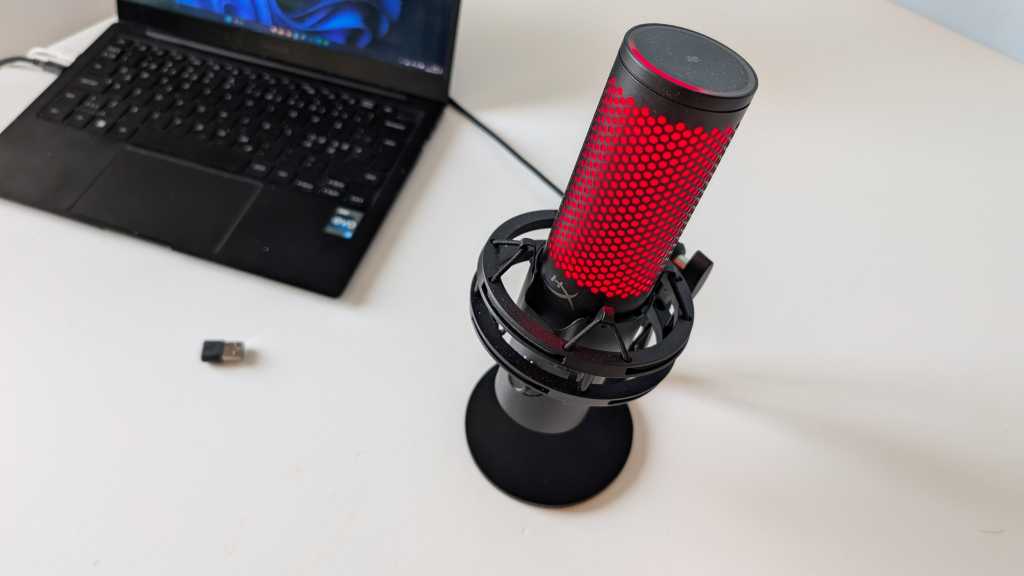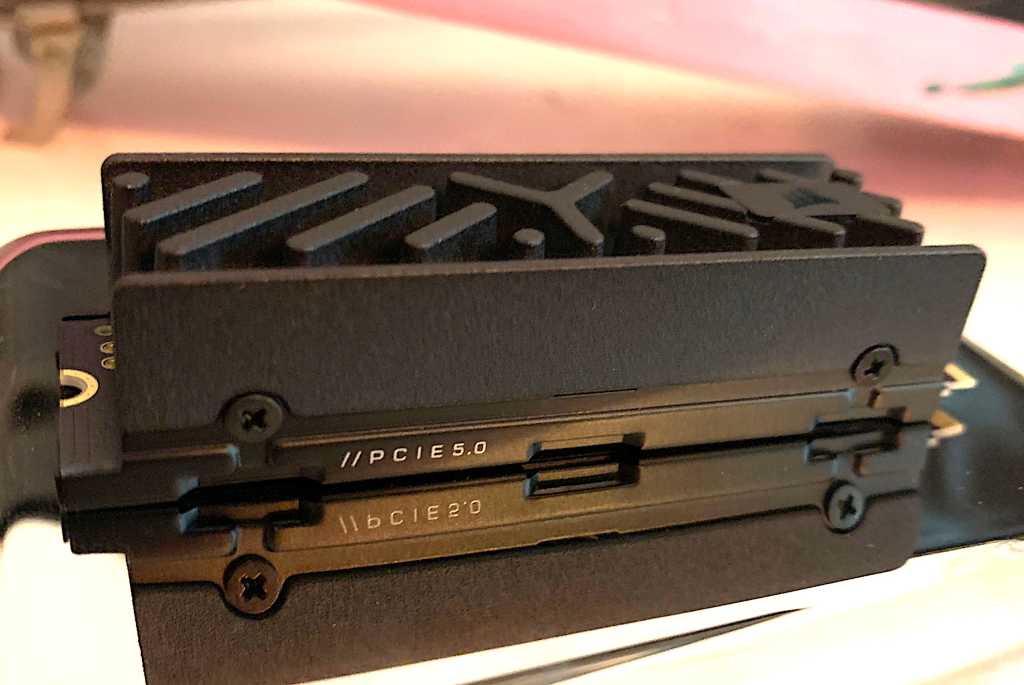PNY’s claims about the CS2342 hold true for smaller datasets – this M.2 2230 SSD is remarkably fast, setting it apart in its category. This makes the PNY CS2342 an excellent contender for everyday computing tasks or as a storage upgrade for devices like the Steam Deck. However, its performance profile changes significantly when dealing with very large, sustained write operations due to a relatively modest secondary cache allocation.
What are the PNY CS2342’s features?
The naming choice for the CS2342, a 2230 form-factor (22mm wide, 30mm long) drive, is somewhat perplexing given the existence of the 2242 M.2 SSD form-factor. While the “3” instead of a “2” differentiates it, the similarity could cause initial confusion for some buyers.
Rest assured, the CS2342 is indeed a 2230 form-factor, PCIe 4.0 x4, NVMe M.2 SSD, specifically engineered for compact devices such as the Steam Deck and other small gadgets. It is powered by a Phison PS5027-E27-75 controller, which utilizes Host Memory Buffer (HMB) technology, meaning it uses a portion of your system’s RAM as its primary cache. The drive employs fast, layered TLC (Triple-Level Cell) NAND flash memory.
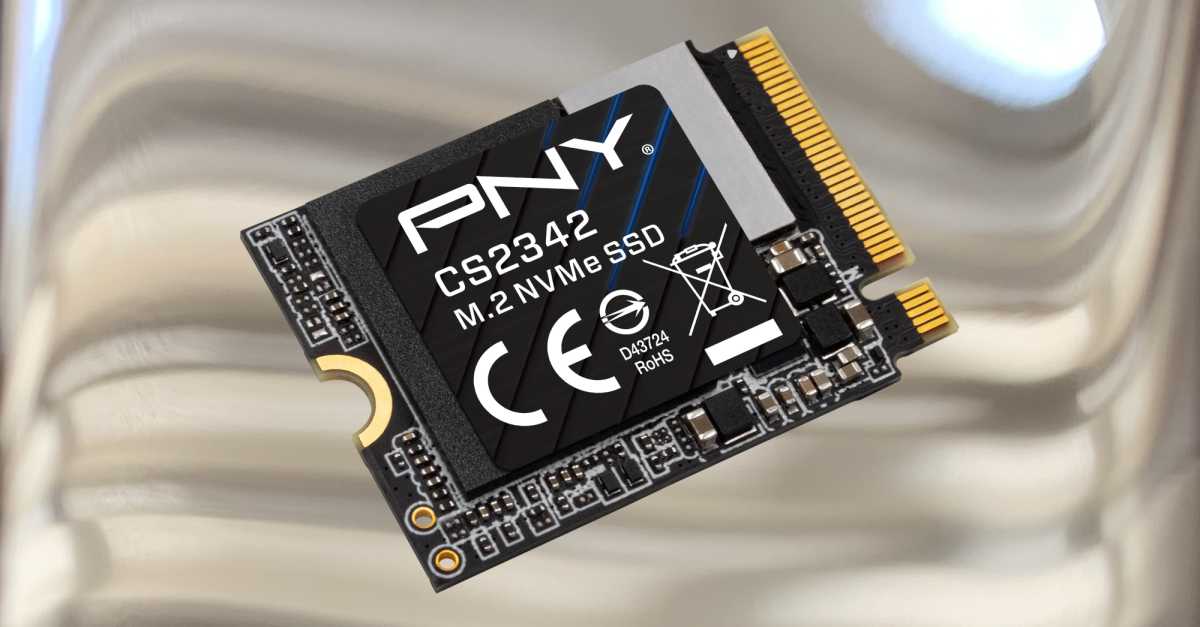 PNY CS2342 2230 NVMe SSD shown on a neutral background
PNY CS2342 2230 NVMe SSD shown on a neutral background
PNY offers a five-year warranty for the CS2342. This warranty is also subject to a TBW (terabytes written) rating, which PNY states is 600TBW per 1TB of capacity. This is a standard endurance rating for TLC NAND, though locating this specific information on PNY’s official website can be challenging. For most users, the amount of data written daily is far less than they might imagine, so this TBW rating is generally not a concern.
How much does the PNY CS2342 cost?
At the time of this review, the PNY CS2342 is priced at $96.99 for the 1TB model and $161.99 for the 2TB version on PNY’s site, with prices typically a few dollars lower on platforms like Amazon. This positions it slightly more affordably than competitors like the WD SN770M and Corsair MP600 Core Mini when checked on Amazon. The cost of 2230 SSDs can sometimes be higher, potentially influenced by market demand from gamers seeking upgrades.
How fast is the PNY CS2342?
The performance of the PNY CS2342 is heavily dependent on the size of the data being processed. In CrystalDiskMark 8 benchmarks using a 32GiB test load, the CS2342 significantly outperforms its competitors. It achieves read and write speeds approximately 2GBps faster than other 2230 SSDs with this lighter workload, which is a substantial advantage.
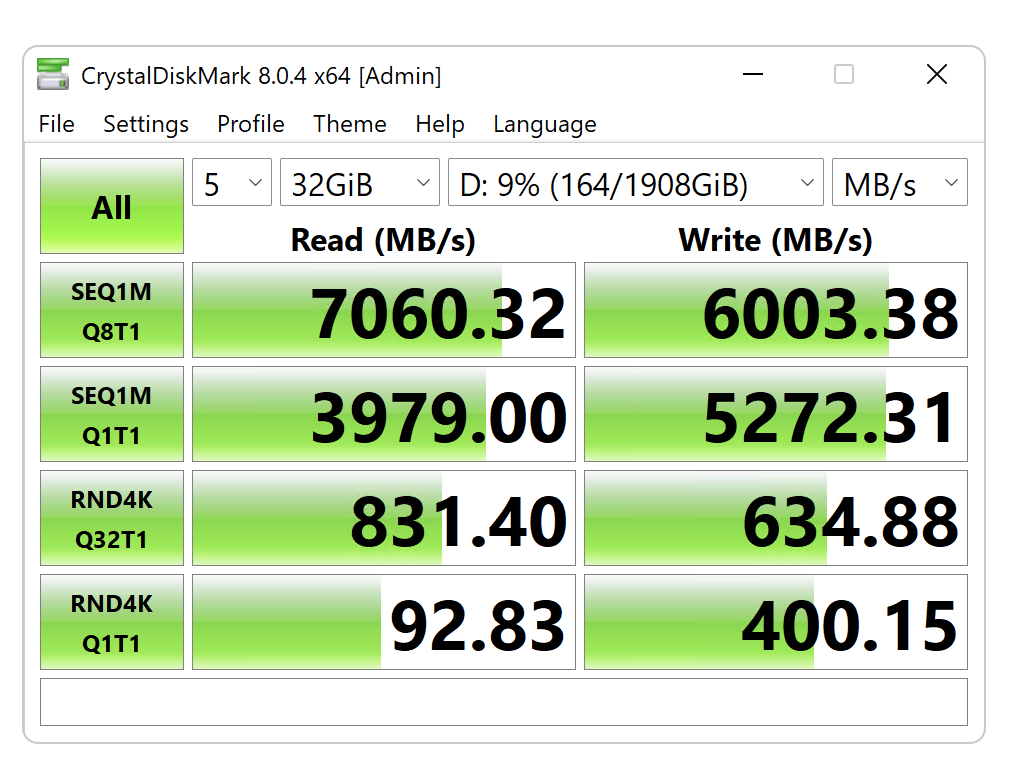 CrystalDiskMark 8 benchmark results for PNY CS2342 SSD showing high sequential read and write speeds with 32GiB load
CrystalDiskMark 8 benchmark results for PNY CS2342 SSD showing high sequential read and write speeds with 32GiB load
However, when tested with a larger 64GiB workload (our standard test size), the CS2342, while still impressive in read speeds, showed a noticeable drop in write performance. The primary reason for this is the relatively small allocation of secondary cache. Writing data much beyond 70GB causes the drive’s speed to decrease to its native write rate of around 750MBps. This behavior was observed when the drive wasn’t given sufficient idle time to recover its cache after a previous 48GB write.
 Graph illustrating PNY CS2342 write speed dropping to 750MBps native rate after cache exhaustion during large file transfer
Graph illustrating PNY CS2342 write speed dropping to 750MBps native rate after cache exhaustion during large file transfer
A native NAND write rate of 750MBps is quite good, especially compared to older TLC or current QLC drives that can drop to hard drive-like speeds. However, users expect multi-gigabyte-per-second speeds from NVMe drives, which the CS2342 delivers, but only with smaller data sets. The good news is that if the drive is given a few minutes of idle time, it can replenish its secondary cache.
The CrystalDiskMark 8 results with the 64GiB workload show a write speed considerably lower than the 6GBps seen with the 32GiB test, though the 7GBps read speed remains excellent.
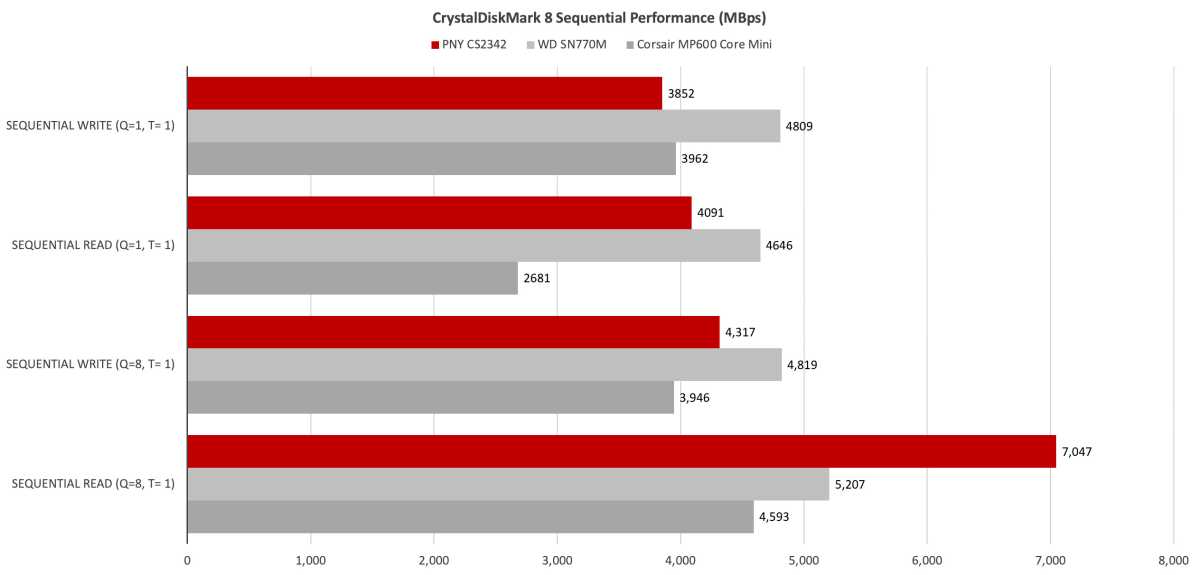 PNY CS2342 CrystalDiskMark 8 benchmark results with 64GiB workload highlighting sustained read speed and reduced write speed
PNY CS2342 CrystalDiskMark 8 benchmark results with 64GiB workload highlighting sustained read speed and reduced write speed
In CrystalDiskMark 8’s 4K random performance tests, the PNY CS2342 performed adequately, holding its own against the competition, though not delivering exceptionally standout numbers in this specific area.
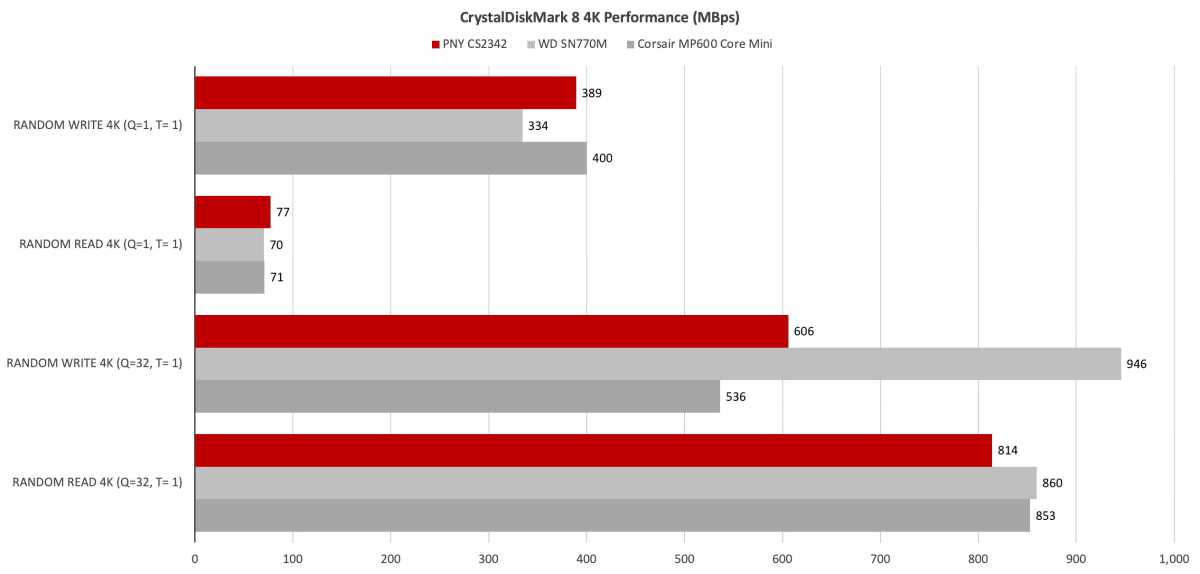 CrystalDiskMark 8 4K random performance test results for the PNY CS2342 SSD
CrystalDiskMark 8 4K random performance test results for the PNY CS2342 SSD
Our 48GB file transfer test, conducted with the drive empty and ample secondary cache available, showed the PNY CS2342 outperforming its rivals. It’s very quick unless the available secondary cache is exceeded. It is likely that the 1TB version, with potentially around 35GB of secondary cache, might record a slower time in this specific test if the cache limit is hit.
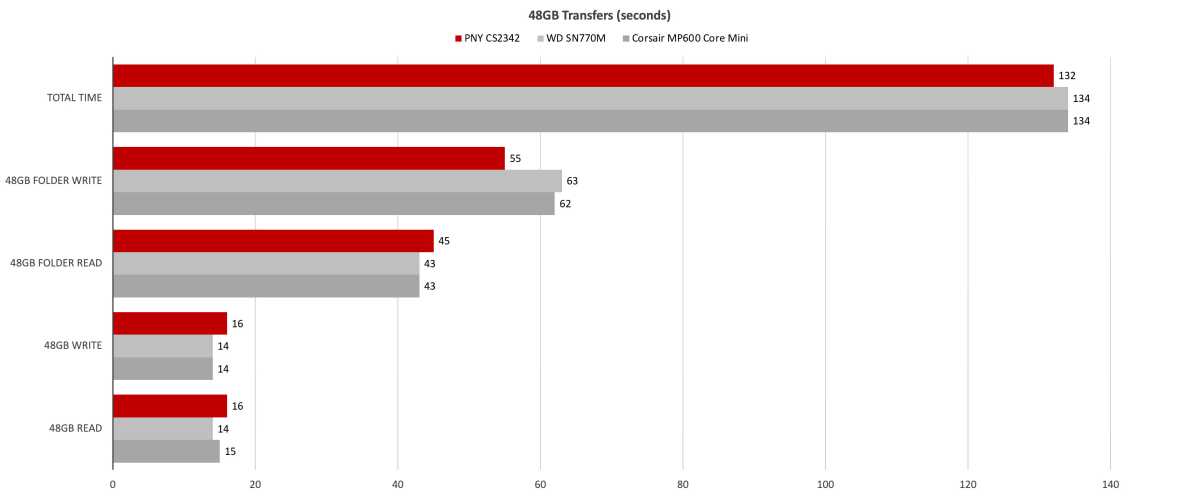 Bar chart comparing PNY CS2342 48GB file transfer times against competitor 2230 SSDs
Bar chart comparing PNY CS2342 48GB file transfer times against competitor 2230 SSDs
The limitation in secondary cache severely impacted the 450GB write test, where the speed dropped around the 70GB mark. A 10-minute write time for this large transfer isn’t disastrous, but competing drives can complete this task much faster.
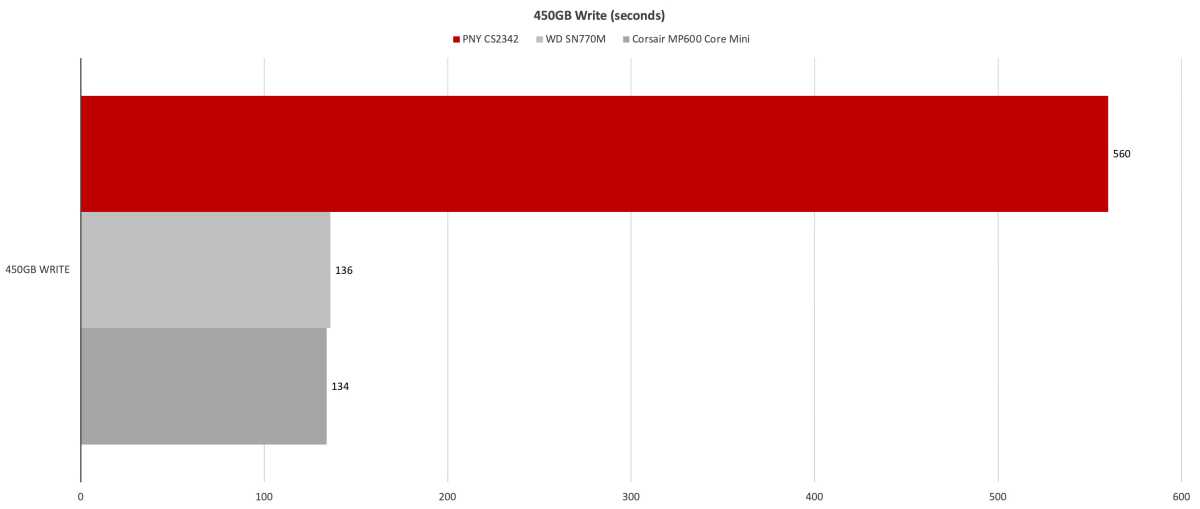 Bar chart showing PNY CS2342 450GB large file write time significantly longer due to cache limitations compared to other SSDs
Bar chart showing PNY CS2342 450GB large file write time significantly longer due to cache limitations compared to other SSDs
In summary, the CS2342 excels with smaller datasets, offering superior sequential write performance compared to its peers. For larger datasets, while its read speed remains top-tier, its write performance is constrained by the secondary cache size. Staying within the cache limits ensures excellent speed; exceeding them leads to noticeable slowdowns, a characteristic common to all SSDs but occurring sooner with the CS2342.
Should you buy the CS2342?
For most users, particularly those with light to average workloads such as everyday computing or gaming on a Steam Deck, the PNY CS2342’s blend of affordability and exceptional sequential transfer speeds with smaller datasets makes it a highly recommended 2230 SSD. Its performance in these scenarios is genuinely impressive. However, if your tasks frequently involve writing very large amounts of data in single, sustained operations, you might find better-suited alternatives among its competitors that offer larger or more resilient cache systems.



